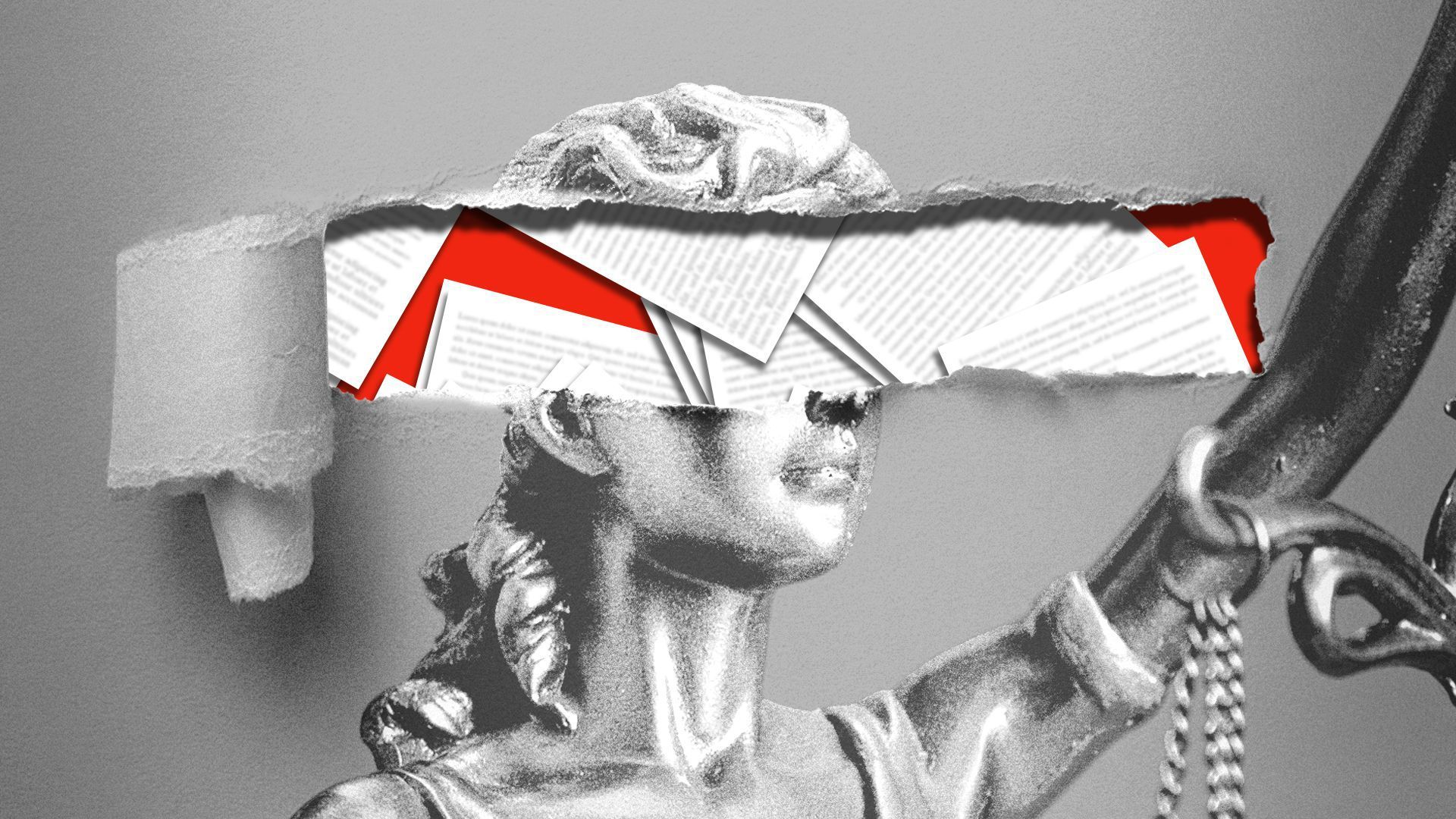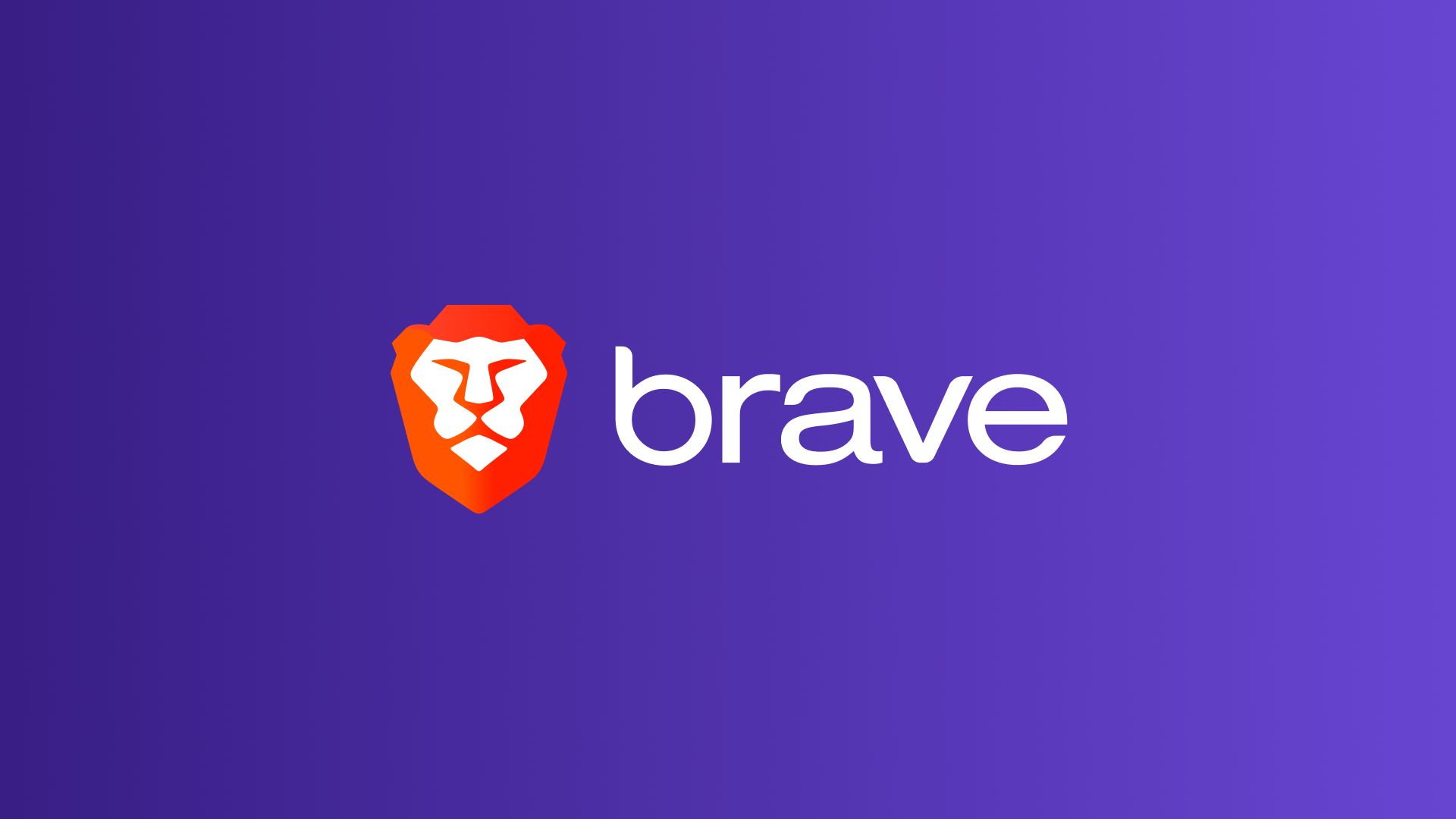| | | | | | | Presented By Brave | | | | Axios Markets | | By Emily Peck and Matt Phillips · Nov 30, 2022 | | Well, hello there. Emily here. It's the last day of November. Goes fast, right? - Readers know I've been following the possible rail strike. Looks like Congress is going to intervene there. A bill that would force rail workers to accept an agreement could drop later today.
Now on to today's event: 1,247 words, 5 minutes. | | | | | | 1 big thing: Oh, yield curve, you tease |  Data: FactSet; Chart: Tory Lysik/Axios Visuals An inverted yield curve is normally a bearish signal. Right now, however, it might just be bullish, Axios' Felix Salmon writes. Why it matters: It's easy to be scared by the current state of the yield curve. But maybe — just maybe — this time is different. By the numbers: The yield on 10-year Treasury bonds is now an astonishing 0.61 percentage points lower than the yield on 3-month Treasury bills. With the exception of one date in March 2007, that's the most inverted the yield curve has been in over 20 years. - As Matt explained last month, this particular piece of arcana has a 60-year-strong track record of predicting a recession. (It even seems to have successfully predicted the arrival of COVID-19.)
How it works: The yield curve has historically inverted when investors expect the central bank will be forced to cut rates as a recession-fighting measure. - Right now, however, 10-year yields have come down for a different reason — markets increasingly believe the Fed is going to win the battle against inflation, and therefore won't need to keep rates high for very long.
- As Sam Goldfarb writes in the WSJ, "the yield curve has become more deeply inverted in recent weeks due largely to good economic news."
Between the lines: It's important to distinguish between nominal rates (what we see in the yield curve) and real rates, which account for inflation, as St. Louis Fed president James Bullard said in an interview on Monday. - If investors believe that inflation will be a steady 2%, then nominal rates of 4.35% at three months and 3.74% at 10 years work out to real rates of 2.35% and 1.74% respectively — still inverted.
- But let's say you believe inflation will run at a 5% pace over the next three months but only 2% over the next 10 years. Then the real rates are -0.65% at three months and +1.74% at 10 years. In real terms, the yield curve isn't inverted at all.
The bottom line: A recession is still bound to happen eventually. But the yield curve probably isn't being very helpful in pointing analysts to when that will be. |     | | | | | | 2. Catch up quick | | 😷 Zhengzhou, home to a large iPhone factory, ends COVID lockdown. (CNN Business) 🇪🇺 Eurozone inflation eases but more rate hikes are expected. (WSJ) ✨ Google sued in the U.K. over alleged antitrust issues. (Bloomberg) |     | | | | | | 3. The lawsuit against Leon Black is just the beginning |  | | | Illustration: Sarah Grillo/Axios | | | | Lawyers are expected to field a wave of sexual abuse complaints in New York over the next year, thanks to a new state law that temporarily lifts the statute of limitations on such cases, Emily writes. Driving the news: Billionaire and Apollo Management co-founder Leon Black was sued on Monday under the new Adult Survivors Act by a woman who accused him of raping her 20 years ago. - Former magazine columnist E. Jean Carroll filed suit against former President Trump for battery and defamation under this law, as soon as it went into effect last week. Both Black and Trump have denied the respective allegations against them.
- "We've already gotten dozens of inquiries," said Susan Crumiller, a lawyer and co-founder of the Survivors Law Project, which is gearing up to take on such cases.
Details: Passed this spring in New York, the law opens up a one-year window for survivors of sexual assault to file civil lawsuits against their abusers and any institutions — like the companies that employed them — that may have protected them. - The law is modeled on the 2019 Child Victims Act, which allowed those who said they'd been abused as children to file lawsuits.
- Ultimately, nearly 11,000 cases were filed using the Child Victims Act — including against the Boy Scouts of America and dioceses within the Catholic Church. The Boy Scouts and several of the dioceses ultimately sought bankruptcy protection as a result.
The big picture: Sexual assault survivors and their advocates say that the statute of limitations on many of these types of cases is too short. - Until 2019, victims had three years to file a civil lawsuit over sexual assault claims in New York. Now the limit is 20 years. But the change wasn't retroactive; hence the window to sue granted by this new law.
Read more |     | | | | | | A message from Brave | | Tired of being targeted by creepy ads? It's time to switch your browser | | |  | | | | Web ads are both annoying and a threat. Some even have hidden trackers that help Big Tech follow everything you do online. Brave can help. The browser blocks ads, trackers and malware; saves mobile bandwidth and battery life; and loads pages up to 3x faster. Download Brave on your phone or desktop. | | | | | | 4. The student loan maze |  | | | Illustration: Aïda Amer/Axios | | | | The student loan system is broken in ways that get little attention amid all the controversy over debt forgiveness, a study out this morning from New America finds, Axios' Kate Marino writes. Why it matters: The paper highlights the ways the system can appear stacked against these borrowers — and how they feel trapped within it. - The student loan payment pause that started in 2020 as part of the CARES Act is set to end next year, while President Biden's debt forgiveness plan is in legal limbo. That means millions of borrowers will soon be required to make monthly payments again.
Context: The report presents the findings of focus groups that New America, a left-of-center think tank, held with borrowers who defaulted on federal student loans prior to the COVID pandemic. State of play: There are programs out there meant to keep borrowers on track and head off default — but they can quickly morph into a maze of confusion. - Pre-default, when borrowers first have trouble affording their monthly payments, they can go on income-driven repayment plans, for example. But these plans can be difficult to enroll in, and remain in, because of confusing annual paperwork requirements, the report says.
- Plus, many borrowers don't even know they exist, it adds.
Meanwhile, after defaulting, many focus group participants lost track of their loans as they were batted around between a series of servicers and collectors. - Many of the study's participants struggled to identify and use the available debt forgiveness programs — or other options like consolidation or settlement deals to help them exit default.
- "The lack of official guidance is compounded by misinformation and scams related to loan discharge, which makes it challenging for borrowers to know whom to trust and how to understand their eligibility for various programs," per the report.
Read more |     | | |  | | | | If you like this newsletter, your friends may, too! Refer your friends and get free Axios swag when they sign up. | | | | | | | | 5. 👀 SBF set to appear at NYT Dealbook conference |  | | | Photo illustration: Gabriella Turrisi/Axios. Photo: Lam Yik/Bloomberg via Getty Images | | | | Sam Bankman-Fried is scheduled to appear at the New York Times Dealbook Summit today, just the latest stop on the walk-of-shame media tour the disgraced former FTX CEO has embarked on this month, Emily writes. The intrigue: Regulators are reportedly looking at whether or not Bankman-Fried and FTX misused customer money. Billions of dollars are unaccounted for at this point. And despite a flurry of interviews given since his company collapsed, he hasn't talked about what really happened. - That could change today, though it remains to be seen if he shows.
- "A live interview may force him to provide more clarity on what went on at a company that court records now portray as one rife with mismanagement, self-dealing and insufficient oversight over what happened to customers' money," Bloomberg notes.
Catch up fast: On Tuesday, a YouTuber released a 20-minute interview with Bankman-Fried in which he claimed to have donated as much money to Republican politicians — secretly — as he did publicly to Democrats. - "[A]ll my Republican donations were dark," he said.
- He also spoke with Axios' Lucinda Shen, claiming he's got only $100,000 left in his bank account and complaining about lax oversight. ("Weak regulators made me do it" seems to be his go-to excuse.)
- Last week, in an interview with Vox he also admitted that his push to be regulated was "just PR," which enhances the richness of his complaints now. His devotion to effective altruism, he said, was "mostly a front."
|     | | | | | | A message from Brave | | Brave keeps you safe online | | |  | | | | Brave Browser blocks malicious ads and trackers, saves mobile bandwidth and battery life, and loads pages up to 3x faster. Brave gives you: - A private, independent search engine.
- A built-in VPN.
- Free, unlimited, encrypted video calls.
Switch to Brave in just 60 seconds. | | | | Was this email forwarded to you? Sign up here to get Axios Markets in your inbox. Today's newsletter was edited by Kate Marino and copy edited by Mickey Meece. |  | | Why stop here? Let's go Pro. | | | | | | Axios thanks our partners for supporting our newsletters. If you're interested in advertising, learn more here.
Sponsorship has no influence on editorial content. Axios, 3100 Clarendon Blvd, Arlington VA 22201 | | | You received this email because you signed up for newsletters from Axios.
Change your preferences or unsubscribe here. | | | Was this email forwarded to you?
Sign up now to get Axios in your inbox. | | | | Follow Axios on social media:    | | | | | |












No comments:
Post a Comment